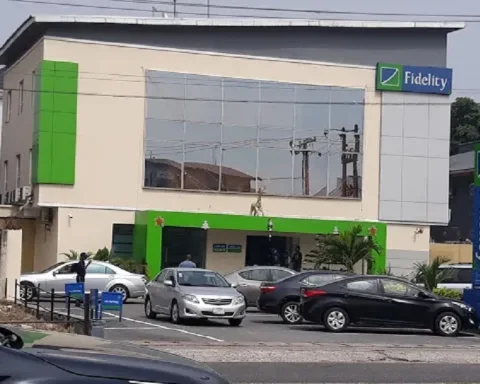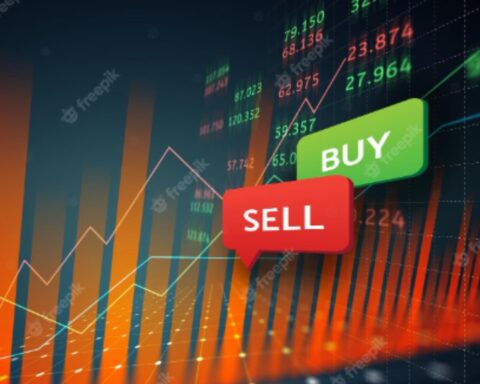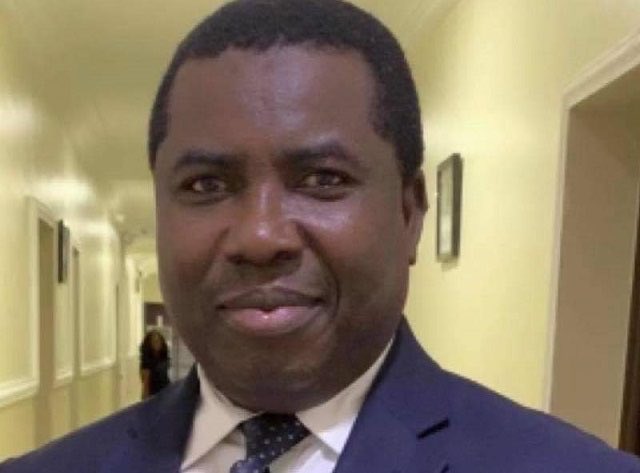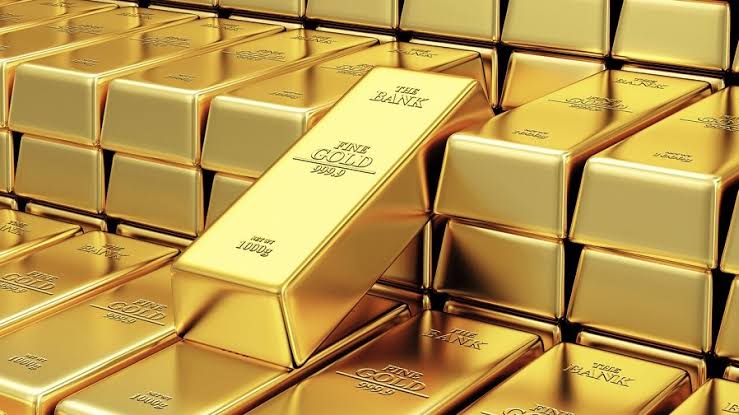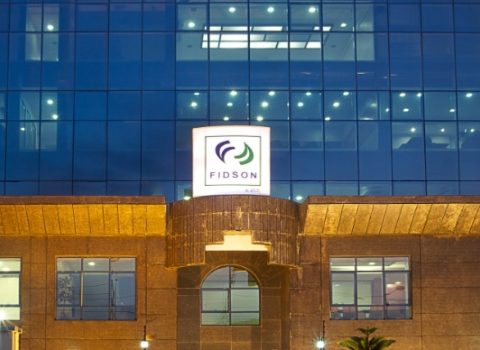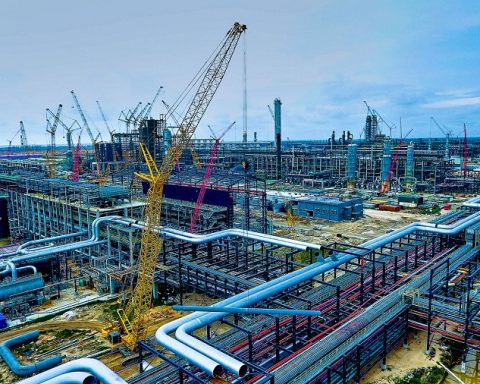Global stock markets may surge significantly if Trump-backed agreement decisively ends the two-year Gaza conflict. This position was espoused by Nigel Green, the CEO of deVere Group on Thursday.
According rto him, “Should the agreement hold and bring stability to the region, it could ignite a considerable rally.”
Join our WhatsApp Channel
Green said analysts would see Middle Eastern equities, global energy stocks, and construction and infrastructure firms soar, while financials and logistics would also move sharply higher as investors price in peace, growth, and reconstruction. “The world has been conditioned to price in war risk for two years. If the Trump-brokered deal marks a credible path to lasting peace, that risk premium collapses. Capital will flood back into markets that have been sitting in a holding pattern,” he adds.
Green believes investors will chase early exposure to Gulf bourses, oil majors, and global firms linked to regional rebuilding.
Prime Business Africa reports that the Gulf’s main indices have already signalled optimism’, hence, the Dubai Financial Market climbed around 1%, Abu Dhabi’s exchange rose, and Saudi Arabia’s Tadawul advanced more than 1.5% on Thursday.
READ ALSO:Biggest Stock Rally in 15 years: Investors Rush Back to Emerging Markets
“These are early moves, but they show exactly how markets behave when geopolitical clouds start to clear,” according to Green.
“We’d expect the UAE, Saudi Arabia, and Qatar to lead the charge, powered by their fiscal surpluses and sovereign wealth capital ready to be redeployed. Energy stocks would also benefit, though in a different way.”
He reasons that a sustained ceasefire could narrow the geopolitical risk premium in oil, tempering prices initially. But lower volatility and predictable supply would boost the energy sector’s appeal. “Refiners, pipeline operators, and renewables developers tied to Gulf diversification plans could all see strong inflows,” he says.
Green notes that the biggest upside will come in infrastructure, construction, and financial services. “If this agreement triggers real reconstruction efforts, there will be enormous demand for capital, materials, and project management. Cement producers, steel firms, engineering companies, and banks financing regional rebuilding will see a surge in activity. It could become the single largest reconstruction investment drive since the early 2000s.”
The peace dividend, he argues, is likely to also cascade across other emerging markets. “Stability in the Middle East enhances confidence globally.
“We’ll see emerging-market bonds compress in yield as geopolitical tension fades. Asian and European markets tied to energy, construction, and shipping will also rally as risk appetite strengthens.”
According to Green, the timing of the deal amplifies its potential impact. “Markets are already buoyed by expectations of further US rate cuts. Layer a peace framework on top of that and you have the perfect cocktail for a risk rally,” comments the deVere CEO.
“Cash-heavy institutional investors will rotate quickly out of safe assets into equities, sovereign bonds, and high-yield plays.” He adds that investor psychology will shift dramatically. “For the first time in years, peace in the Middle East would be seen not as a hope but as an investable event. The narrative flips from conflict management to growth acceleration.
“Energy infrastructure, transport, and logistics firms are likely to move first,” Nigel Green predicts. Then banks, insurers, and capital markets across the GCC will attract inflows as they become the financing hubs of a reconstruction-led cycle. Industrials and materials will follow as tenders roll out. Even consumer stocks could benefit as confidence and regional tourism rebound.”
He warns, however, that durability matters. “Investors will reward verified progress — ceasefire enforcement, reconstruction financing, and diplomatic continuity. If those appear credible, the rally could extend for quarters, not days.”
Green concluded by saying tha a successful, Trump-backed peace deal would not just lift regional sentiment, but “could reshape global investment priorities. Markets are ready to move the moment peace looks real.”
- Editor
- Editor
- Editor
- Editor
- Editor




